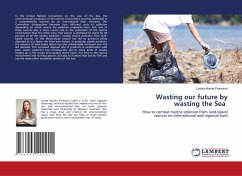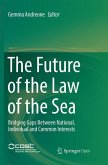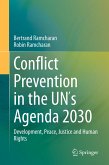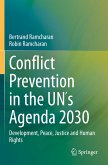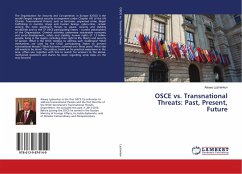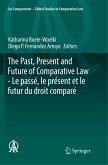In the United Nations Convention on the Law of the Sea, the environmental protection of the marine environment was first addressed in a comprehensive manner on an international level. However, the Convention distinguishes between four different sorts of pollution depending on which source the pollution originates from. Still, one of these sources play a more crucial role in the protection of the marine environment than the other since that source is estimated to stand for 80 percent of all the marine pollution; namely marine pollution from land-based sources. As the throw-away culture has led to products being disposed of at a faster rate than ever before, in particular plastic products, the amount of land-based debris has also substantially increased over the last decades. This increased disposal rate of products in combination with poor waste treatment has consequently led to many kinds of wastes ending up in the ocean and causing severe harm, not only to the marine environmentand its living species, but also to humans that eat the fish and use the many other ecosystem services of the Sea.
Bitte wählen Sie Ihr Anliegen aus.
Rechnungen
Retourenschein anfordern
Bestellstatus
Storno

